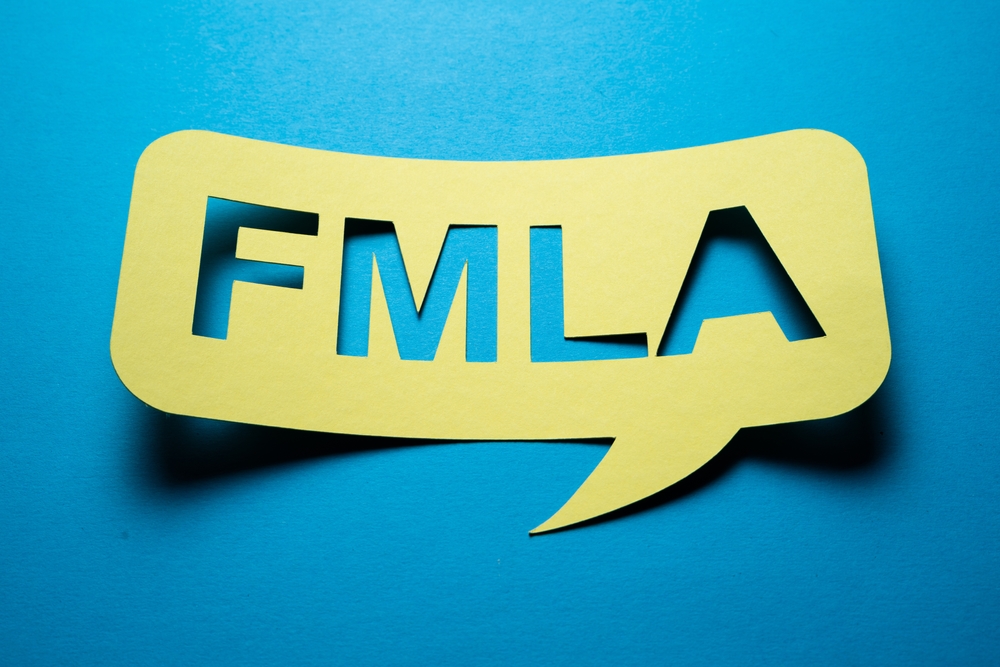In our latest installment of Ask the Expert, brought to you by the team of industry experts at HR Hero®, we look at a recent question from a subscriber regarding the limitations and eligibility of the federal Family and Medical Leave Act (FMLA) coverage when providing care to adult children.
Q: An employee’s adult son is having shoulder surgery and will be unable to move for a few days, and the employee wants to provide care and assist with his daily activities. Does leave for the care of an adult child still fall under the FMLA?
A: The federal Family and Medical Leave Act (FMLA) allows eligible employees to take up to 12 weeks of job-protected leave to care for an adult child who has a serious health condition under the FMLA if the adult child is incapable of self-care because of a mental or physical disability.
Under the FMLA, an eligible employee may take a leave of absence to care for a son or daughter who has a serious health condition. “Son or daughter” is defined as a biological, adopted, or foster child, stepchild, legal ward, or a child of a person standing in loco parentis (in place of the parent). For coverage to apply, a child must be either under age 18, or, if older than 18, unable to care for himself or herself because of a mental or physical disability (See 29 U.S.C. §2611(12) and 29 C.F.R. §825.122(d)).
Although the FMLA does not define “disability” for purposes of adult children, the regulations adopt the Americans with Disabilities Act’s (ADA) definition. Under the ADA, Individuals older than 18 will be considered incapable of self-care if they require active assistance or supervise on to provide daily self-care with three or more “activities of daily living” or “instrumental activities of daily living.” To determine whether an individual is “incapable of self-care,” the Department of Labor’s FAQs on care for adult children provides the following additional guidance, which you may find helpful:
An individual will be considered “incapable of self care” for FMLA leave purposes if he or she requires active assistance or supervision in three or more activities of daily living (ADLs) or instrumental activities of daily living (IADLs).
The FMLA regulations include the following as examples of “activities of daily living”:
- Caring appropriately for one’s grooming and hygiene
- Bathing
- Dressing
- Eating
The FMLA regulations provide the following examples of “instrumental activities of daily living”:
- Cooking
- Cleaning
- Shopping
- Taking public transportation
- Paying bills
- Maintaining a residence
- Using telephones and directories
- Using a post office
These lists of ADLs and IADLs are not exclusive, and determinations of whether an individual is “incapable of self-care” may include consideration of additional activities such as needing assistance with medication management. Each determination is fact-specific and must be made based on the individual’s condition at the time of the requested leave.
The determination must be based on all relevant factors that might impact the ability of the individual to perform ADLs or IADLs without active assistance or supervision, including, for example, the current effect of an impairment that may be episodic in nature. (See 29 C.F.R. §825.122(d)).
To summarize, if an employee’s adult child (this applies to both examples you provided) experiences a disability and/or complications that render him or her unable to perform at least three of the listed activities above, or similar activities, then the employee’s need to care for that adult child is likely considered FMLA-qualifying care for a covered family member.
If an employee does not qualify for FMLA leave because the adult child does not meet the standards for coverage, you also should consider allowing use of any other employer-provided paid time off to care for the adult child. If you can find a way to allow the employee to take the time off under your current policies and procedures, your employee will be grateful for the assistance.
Because of the potential for violations of the FMLA and the possible difficulty of determining whether the adult child is incapable of self-care, you should ultimately discuss this matter with an attorney.
Ask the Expert is a service provided to subscribers of BLR®’s HR Hero product, where experts are ready with answers to your organization’s unique questions surrounding HR compliance. To learn more and request a demo of HR Hero, click here.

